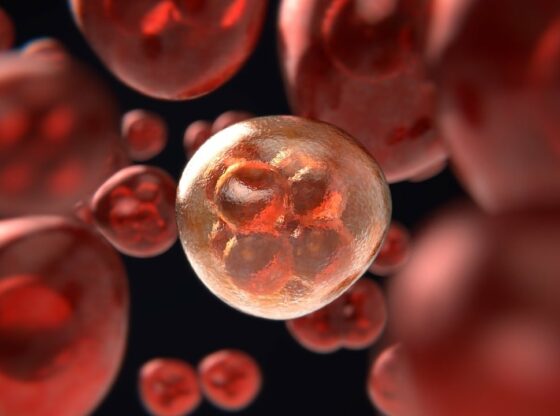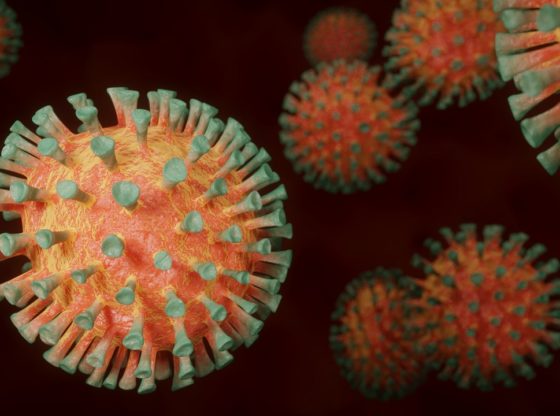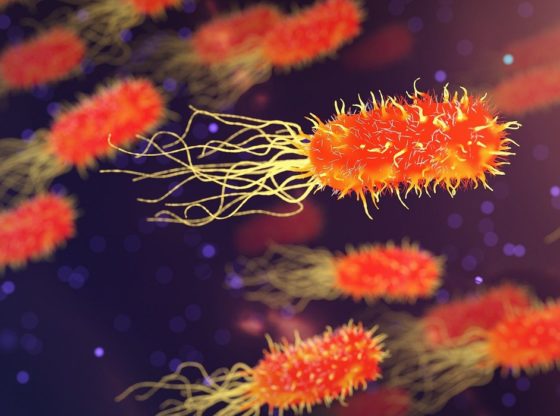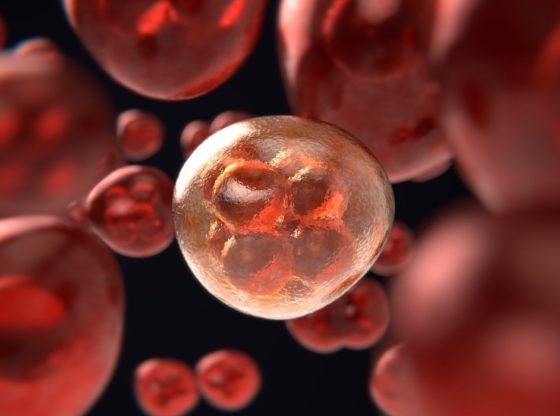Danish researchers have found a clear correlation between how often young children are feverish and how much-perfluorinated substances their mothers had in their blood during pregnancy.
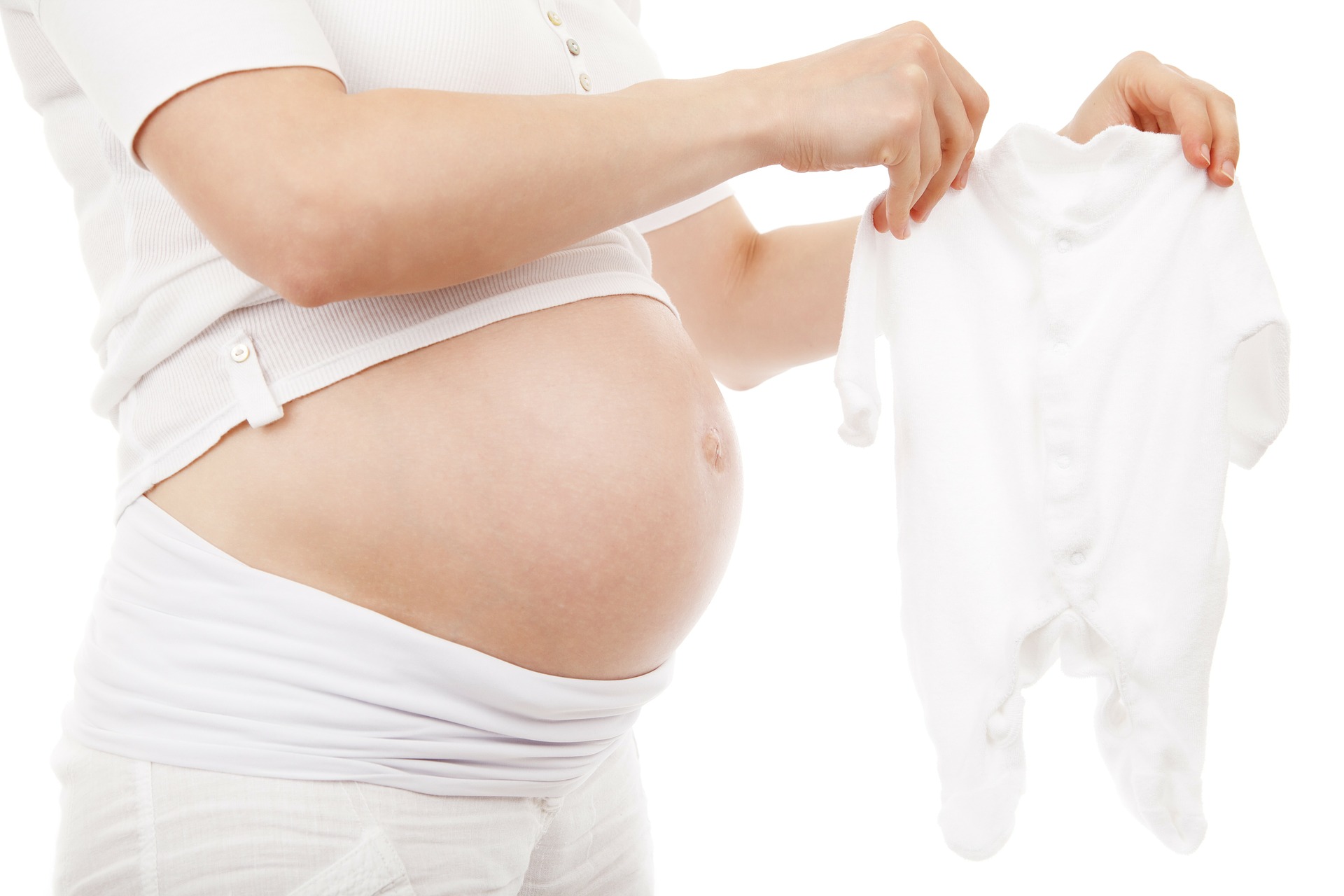
Perfluorinated compounds are found in pizza boxes, in popcorn bags and clothes – really – they are found almost everywhere.
They have a broad range of very attractive material features, such as being able to repel grease, dirt, and water. But there are also concerns that they could be dangerous to our health.
Blood tests on several hundred pregnant women in Denmark showed that 99 percent of them had perfluorinated substances in the blood. In a new study, researchers at the University of Southern Denmark investigated how many days a year the children of these women were sick and had a fever.
The greater the exposure was to perfluorinated substances in the mothers during pregnancy, the more days with fever their children suffered during their first year of life.
Animal experiments have previously shown that perfluorinated substances affect the development of the immune system and this study suggests that there may be similar effects in humans.
The investigation is no clear evidence that perfluorinated substances are the direct cause or how they affect us, but strongly indicates that more research is warranted according to the researchers.
Reference:
Tina Kold Jensen , Louise Bjørkholt Andersen, Henriette Boye Kyhl, Flemming Nielsen, Henrik Thybo Christesen, Philippe Grandjean 2016, Association between Perfluorinated Compound Exposure and Miscarriage in Danish Pregnant Women

